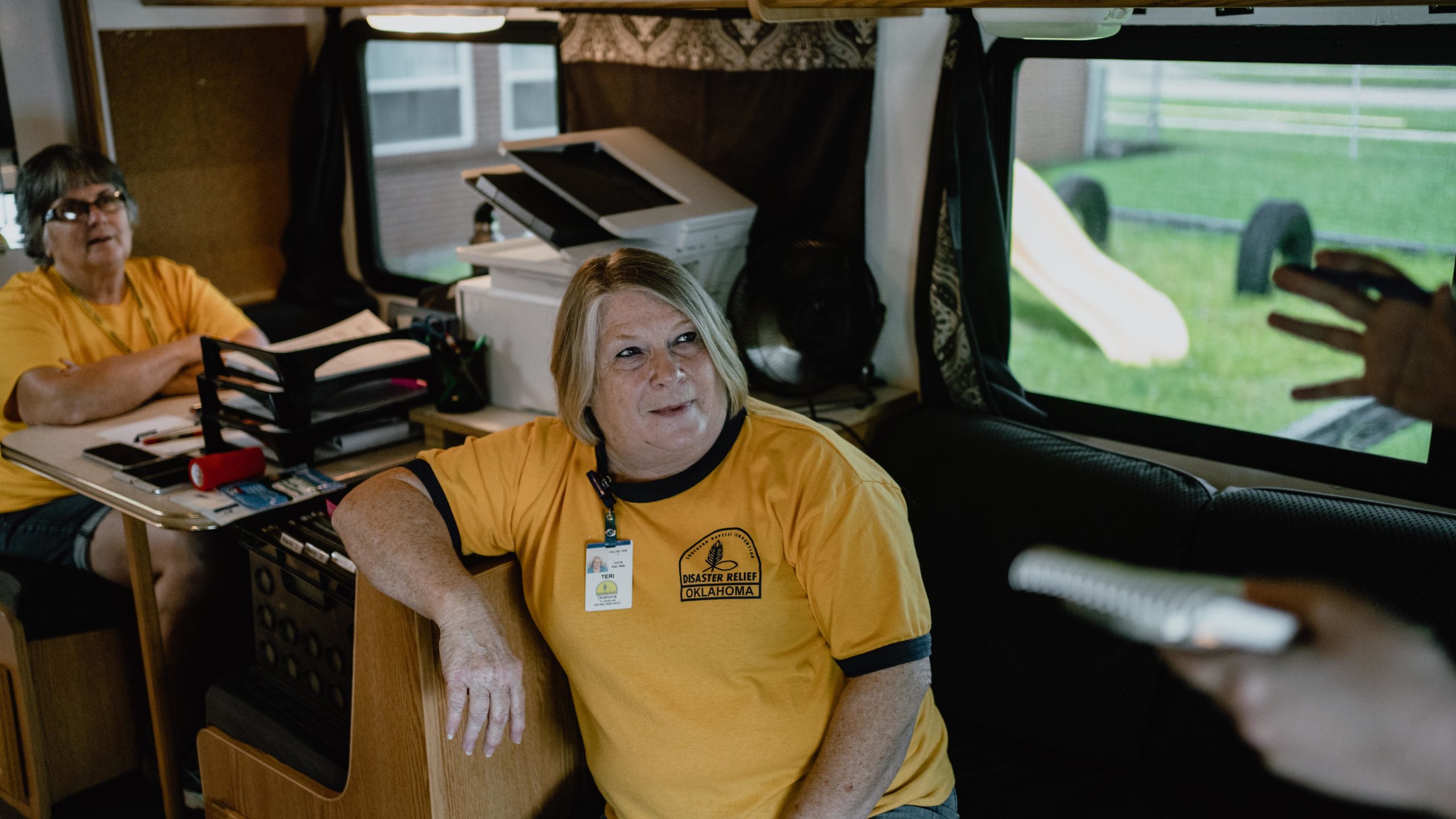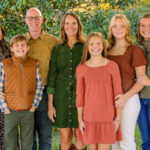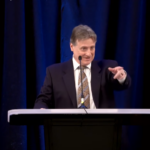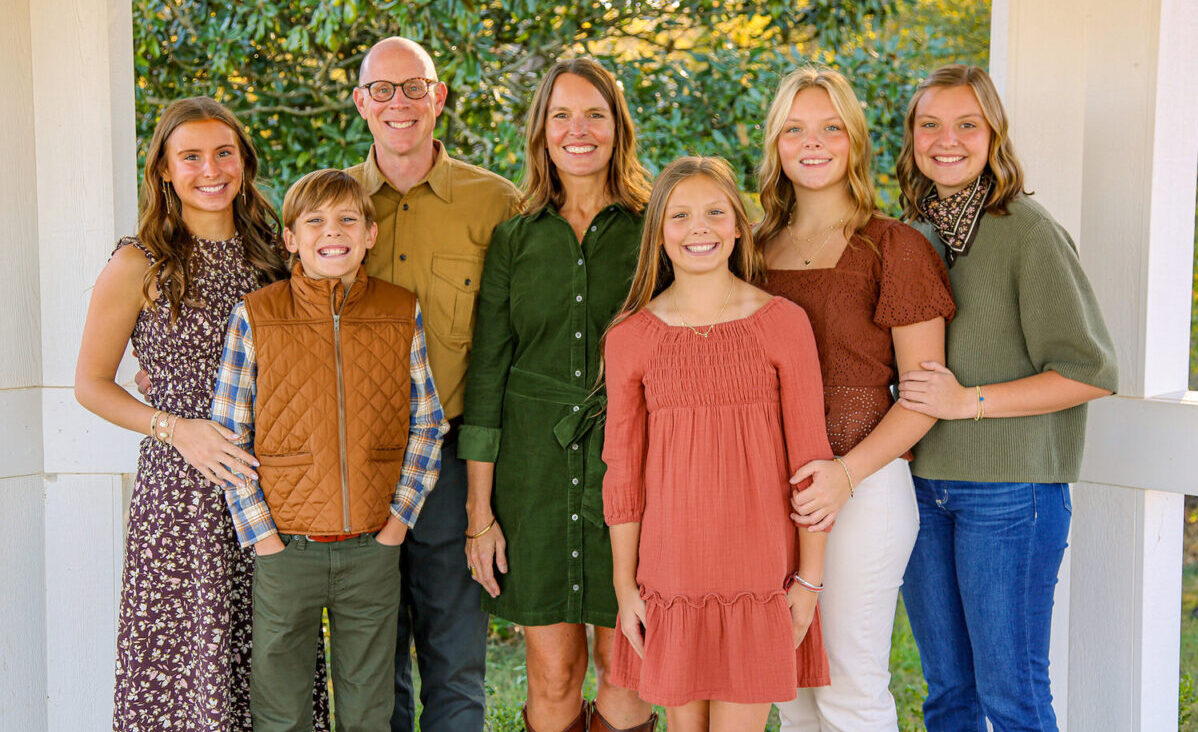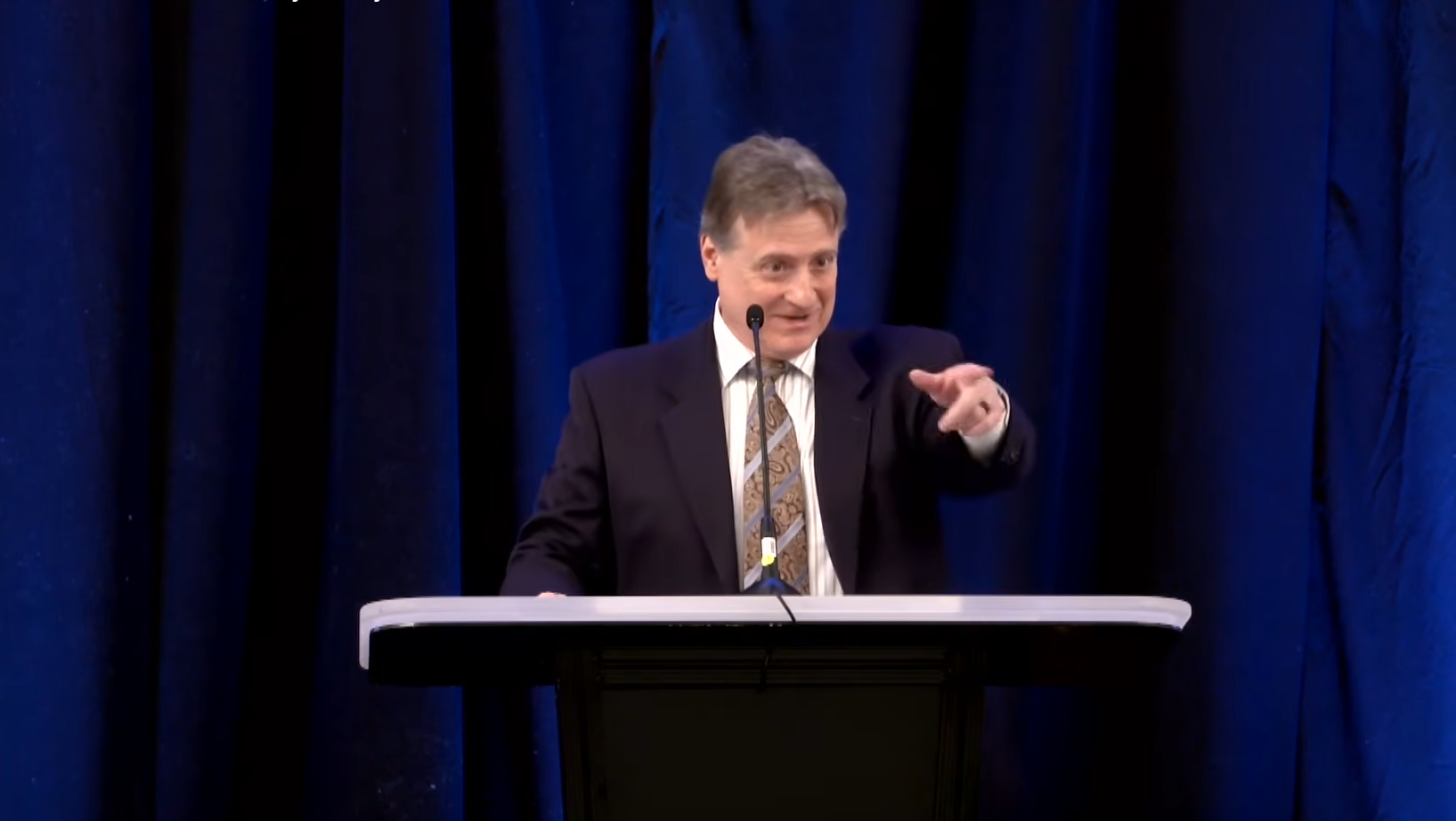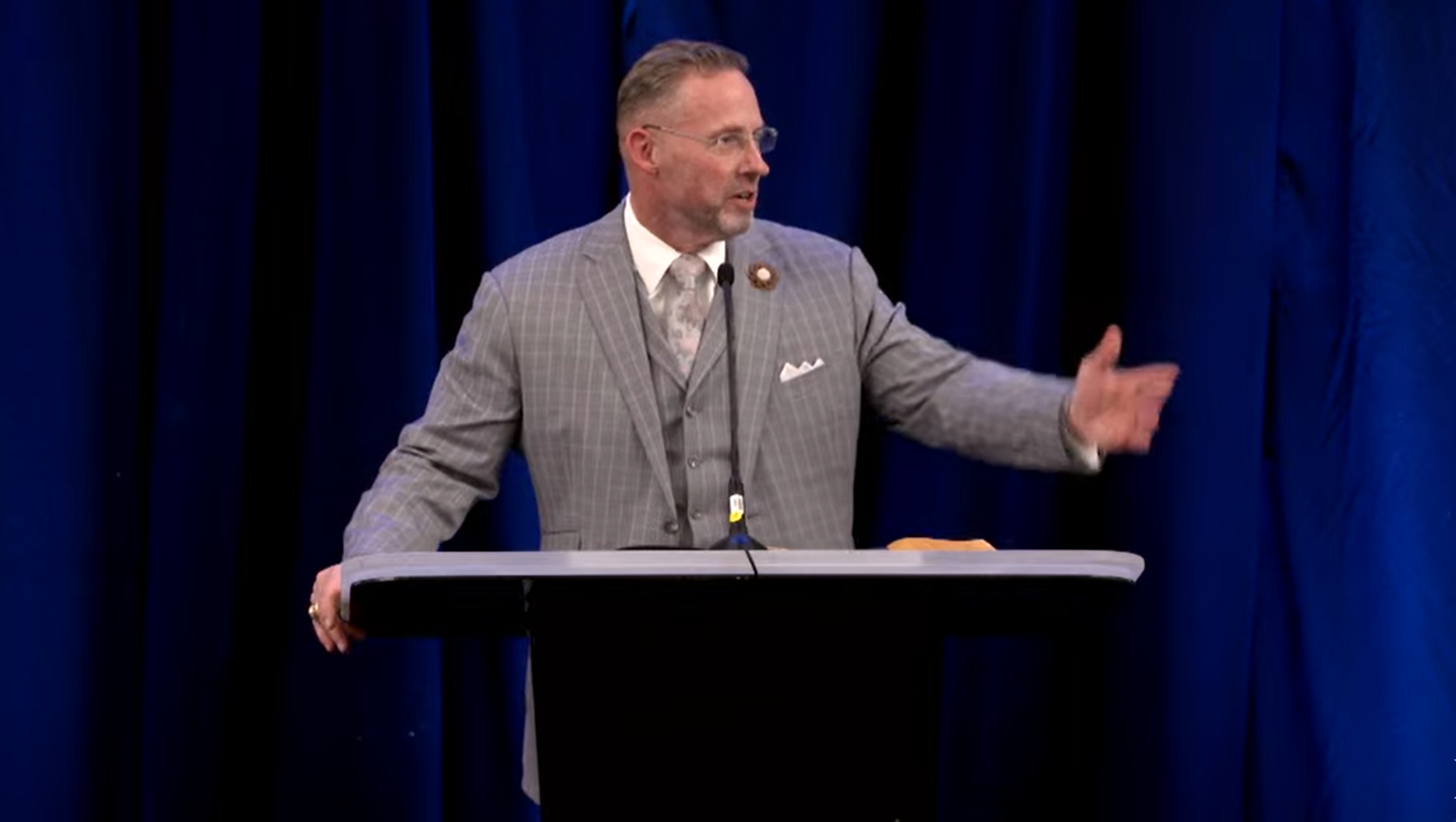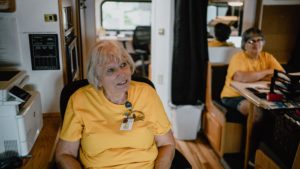
When Hurricane Katrina devastated Mississippi and Louisiana 16 years ago, Nancy Charlton desperately wanted to go help those whose lives had been ravaged by the storm.
“Before Katrina, women didn’t really go out and do Disaster Relief work. It was more of a men’s ministry,” said Charlton, who’s a member of Union City First Baptist Church in Oklahoma.
But the massive recovery process from Katrina caused a shift in what had been the norm, and Charlton has been involved in Disaster Relief work through the General Convention of Oklahoma Baptists ever since.
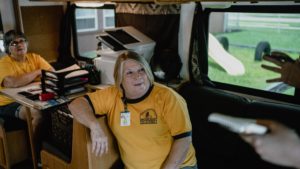
Teri Fuller’s husband got her involved in Disaster Relief work, with her first callout being the Oklahoma ice storm in 2007.
Fuller said, “My husband just loves [Disaster Relief] so much. He really feels like it’s his calling. And it makes it easier to be able to do this together.”
The Fullers are members of Medicine Park First Baptist Church in Oklahoma.
Along with Shelba Rudek, Charlton and Fuller are currently serving administratively at the Incident Command Center at Bayou Vista Baptist Church, just 40 miles west of Houma, Louisiana, which was heavily affected by Hurricane Ida. Ida made landfall Aug. 29 as a Category 4 storm.
This site has been cooking two meals a day under a tent in the church parking lot in partnership with the American Red Cross. The meals then are taken the 40 miles to Houma and distributed.
Rainy conditions have complicated the cooking and distribution process for the volunteers, but it hasn’t stopped them.
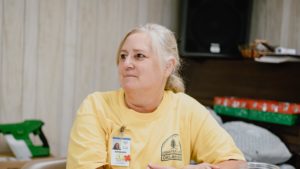
Rudek said, “You should have seen the people working in the feeding tent the past few days. They’ve had water up to their ankles at times, and they just keep going.”
For someone who is a little newer to Disaster Relief work, like Barbara Byram, this callout in Louisiana is a learning experience. A member of Drumright First Baptist Church in Oklahoma, Byram has been serving her fellow volunteers by working in the laundry unit. On Sept. 15, however, she got to minister in a different way.
“I got to go out and distribute food out in Houma. I was very humbled by what [the residents] have to go through” Byram said. “It really put into perspective why we’re here.”
As Byram put it, “it’s not about just doing laundry” or cooking food or cutting trees. It’s about helping those who are hurting.
“This is something I’ll remember,” she said.

